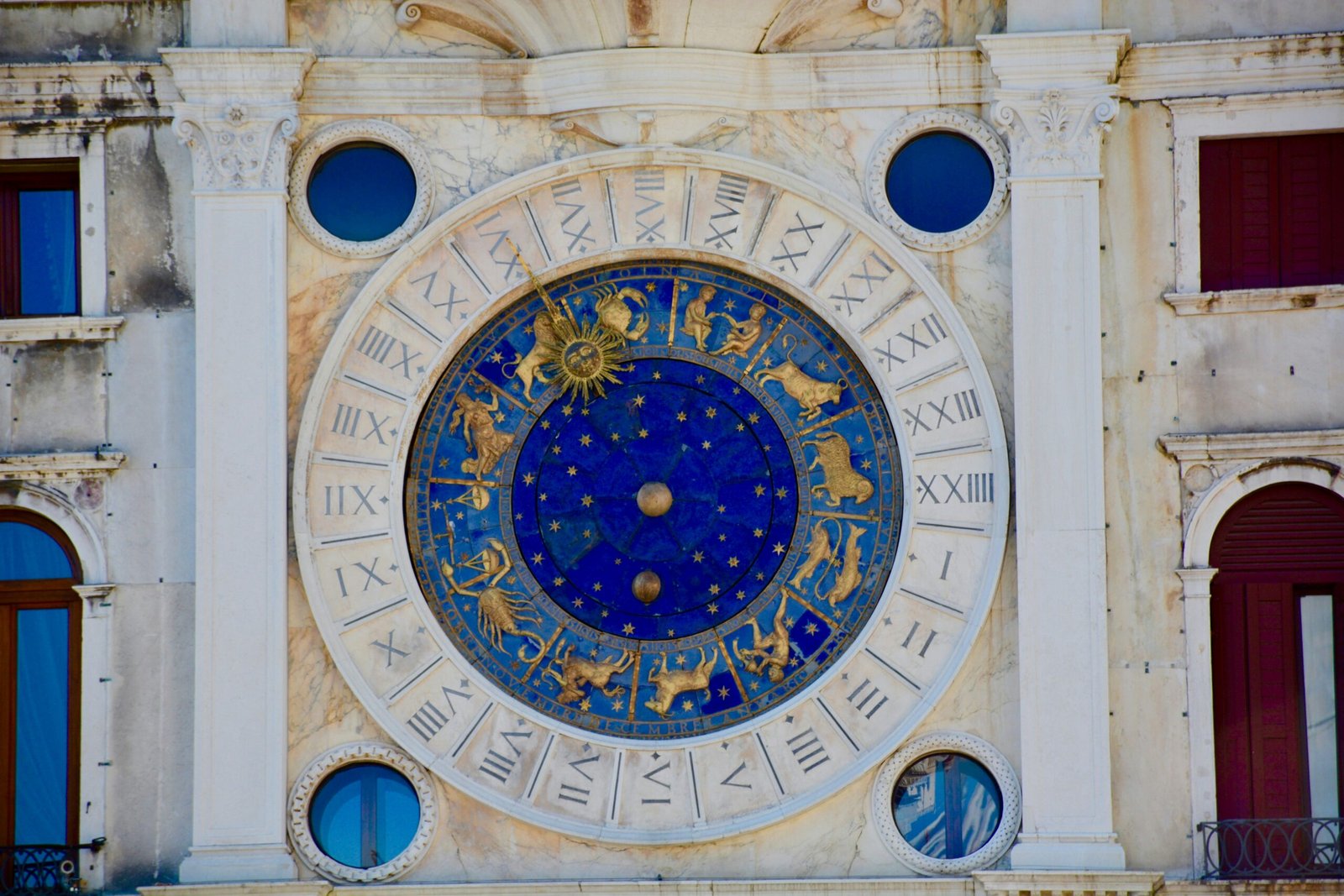Throughout the ages, astrology has captivated the minds and hearts of people across the globe. Its mystique and allure have endured, shaping cultures and influencing beliefs. In this article, we will embark on a fascinating journey through the history and origins of astrology, exploring its roots in Eastern, Arabic, and Oriental traditions, and its subsequent impact on Western astrology.
The Ancient Origins: Chaldean Astrology
Our exploration begins in ancient Mesopotamia, where the Chaldeans, an ancient civilization, laid the foundation for astrology as we know it today. Chaldean astrology, dating back to the 5th century BCE, was heavily influenced by the movements of celestial bodies and their supposed impact on human affairs.
Chaldean astrologers meticulously observed the stars and planets, believing that their positions and alignments held profound meaning. They developed a system of interpreting these celestial events, which formed the basis of modern Western astrology.
The Eastern Influence: Vedic Astrology
As we journey eastward, we encounter Vedic astrology, also known as Jyotish, from ancient India. Vedic astrology dates back over 5,000 years and is deeply rooted in Hindu philosophy and spirituality.
Unlike Western astrology, which focuses primarily on the sun sign, Vedic astrology considers the position of the moon at the time of birth as the primary determinant of one’s personality and destiny. It also incorporates the concept of karma, suggesting that our actions in past lives influence our present circumstances.
Vedic astrology has had a profound influence on Indian culture, guiding important life decisions such as marriage, career choices, and even the naming of children. Its rich symbolism and complex calculations continue to be revered by millions around the world.
The Arab Contribution: Arabic Astrology
During the Golden Age of Islam, Arabic scholars made significant contributions to various fields, including mathematics, astronomy, and astrology. Arabic astrology, also known as Arabian astrology, emerged as a synthesis of ancient Greek, Persian, and Indian astrological traditions.
Arabic astrologers introduced new concepts and techniques, such as the use of planetary aspects and house systems, which greatly enhanced the precision and accuracy of astrological predictions. Their works, translated into Latin during the Middle Ages, played a crucial role in the development of Western astrology.
The Oriental Influence: Chinese Astrology
Turning our attention to the Far East, we encounter the rich tapestry of Chinese astrology. Rooted in ancient Chinese philosophy, this system assigns each year to one of twelve animal signs and one of five elements, creating a 60-year cycle.
Chinese astrology places great emphasis on the interplay between cosmic forces, yin and yang, and the five elements (wood, fire, earth, metal, and water). It is widely consulted for matters such as compatibility, career choices, and even the best time to start a business.
Chinese astrology has seamlessly woven itself into the fabric of Chinese culture, shaping traditions, festivals, and even the names of children born in specific years.
The Western Adaptation: Synthesis of Influences
As these diverse astrological traditions made their way to the Western world, they merged and intermingled, giving rise to the modern Western astrology we are familiar with today. Western astrology draws on the symbolism and techniques of its Eastern, Arabic, and Oriental predecessors, creating a unique blend of influences.
Over the centuries, Western astrology has evolved and adapted, incorporating new discoveries and cultural shifts. It has become a tool for self-reflection, personal growth, and understanding the dynamics of relationships.
The Enduring Appeal of Astrology
Despite the advancements of science and technology, astrology continues to captivate and intrigue. It offers a unique lens through which we can explore our personalities, relationships, and life’s purpose. Whether we seek guidance in times of uncertainty or simply marvel at the wonders of the cosmos, astrology continues to hold its place in our collective consciousness.
So, the next time you glance at the night sky and wonder about the ancient art of astrology, remember its rich history and the diverse influences that have shaped it. From the Chaldeans to the Vedic astrologers, the Arabic scholars to the Chinese sages, each tradition has left an indelible mark on the tapestry of astrology, weaving a story that spans continents and millennia.
